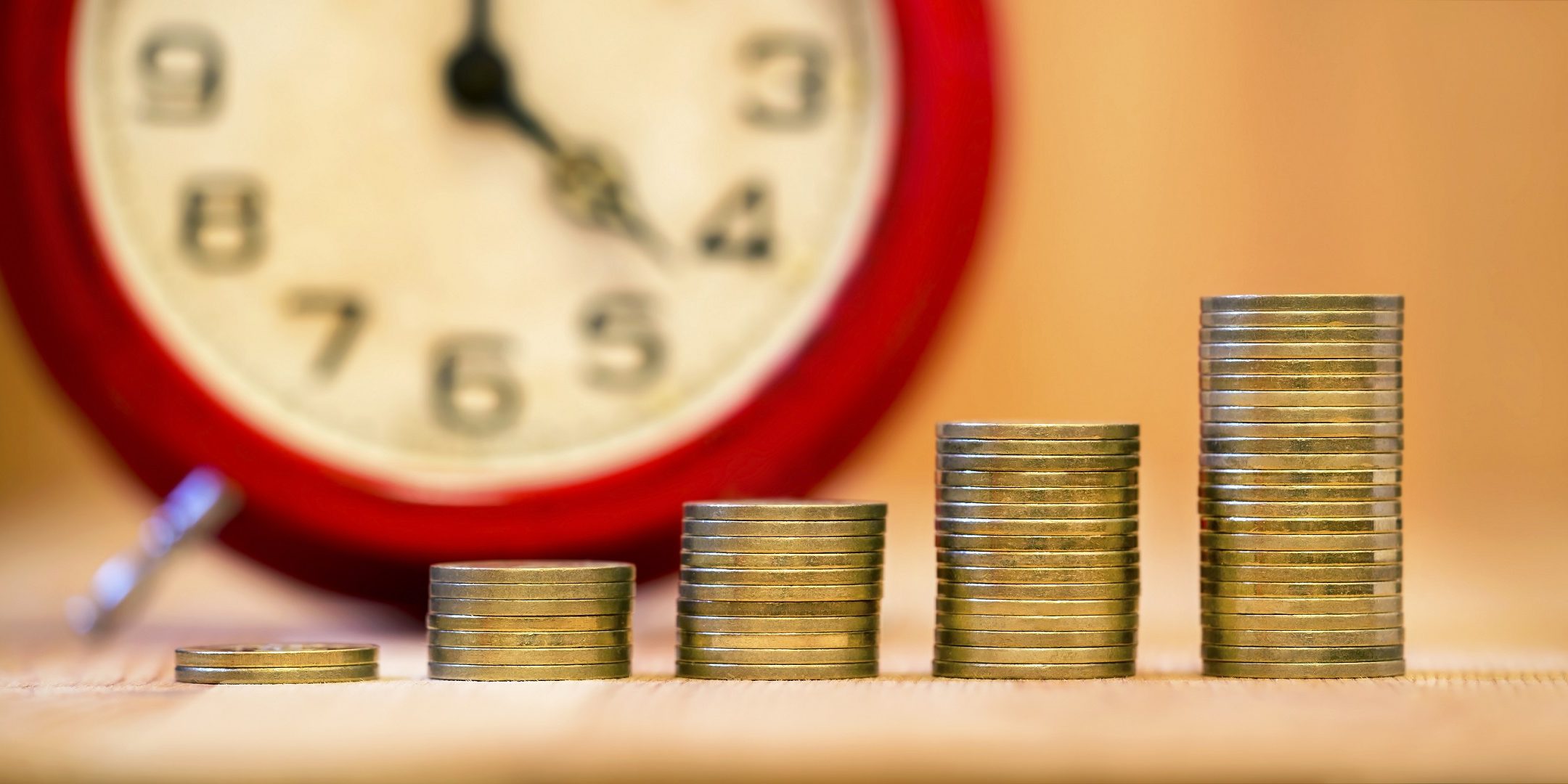With the cost of living rising and debt being on the minds of many, working out what’s best for your finances can feel overwhelming.
Laura Howard, money expert at Forbes Advisor, offers 5 tips to help keep your head above water.
Ensure that a credit card is your servant, not your master
Used to their best advantage, credit cards can be a useful support for your finances. Depending on the card you choose, it can help spread the cost of a one-off major purchase, or clear existing card debt – both interest-free. It can pay you back in rewards or cash, or present a cost-effective way to spend overseas.
If you start to pay interest on your credit card however, the cost will soon outweigh any of these benefits. And if you find you are leaning on credit cards to meet the cost of everyday essentials which you are unable to clear every month, it’s definitely time to reconsider your options.
After all, adding credit card interest payments into the mix will only make the situation worse. Contact an independent debt charity for advice.
Protect your credit score
Your credit report is nothing less than gold when it comes to accessing credit agreements, ranging from a mobile phone contract to a mortgage. It even counts when it comes to being accepted as a tenant on a rental property or opting to pay for your car insurance in monthly instalments.
Now more than ever then it will pay dividends to take good care of your credit report. If you haven’t checked your report in a while, you can sign up to a free trial with credit reference agencies such as Experian or Equifax.
If you are applying for credit, ensure it’s through an eligibility checker, too. This runs an invisible ‘soft search’ against your credit report which reveals the likelihood (expressed as a percentage) of being accepted for the loan or credit card, say, before you make a formal application.
This avoids the prospect of having to make further credit applications if the first one is turned down. These show up on your credit report, and can put off subsequent lenders compounding the problem.
Consider a smart meter
There’s no such thing as cheap energy at the moment. But a smart meter, which your energy supplier will install at no cost to you, at least makes it easier to monitor what energy you are using. It also sends data directly to the supplier so that you only pay for what you use.
Take advantage of reward
If you’re a frequent shopper at a particular store or supermarket, find out what loyalty cards or apps, if any, it issues. It’s a hassle-free way to rack up rewards which you can then use for discounts on future spending – what’s to lose?
Download a budgeting app
Budgeting apps, such as Snoop, allow you to keep closer tabs on your spending by grouping all of your financial accounts together in one place. They allow you to set budgets, break your spending down into categories to identify any potential waste, and ‘round up’ spending to the nearest pound, automatically saving the difference. Many of the apps offer at least a basic version which is free to use.






